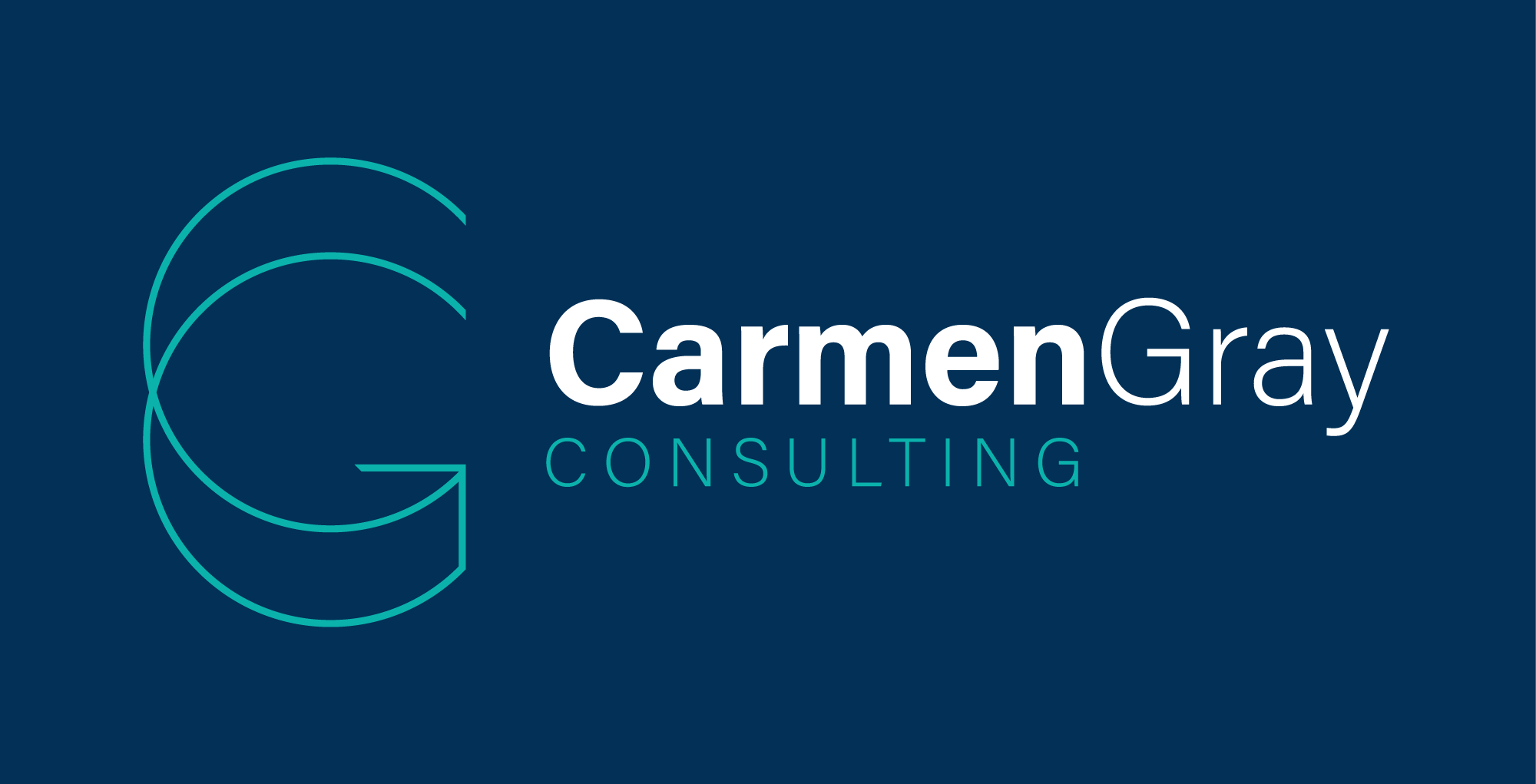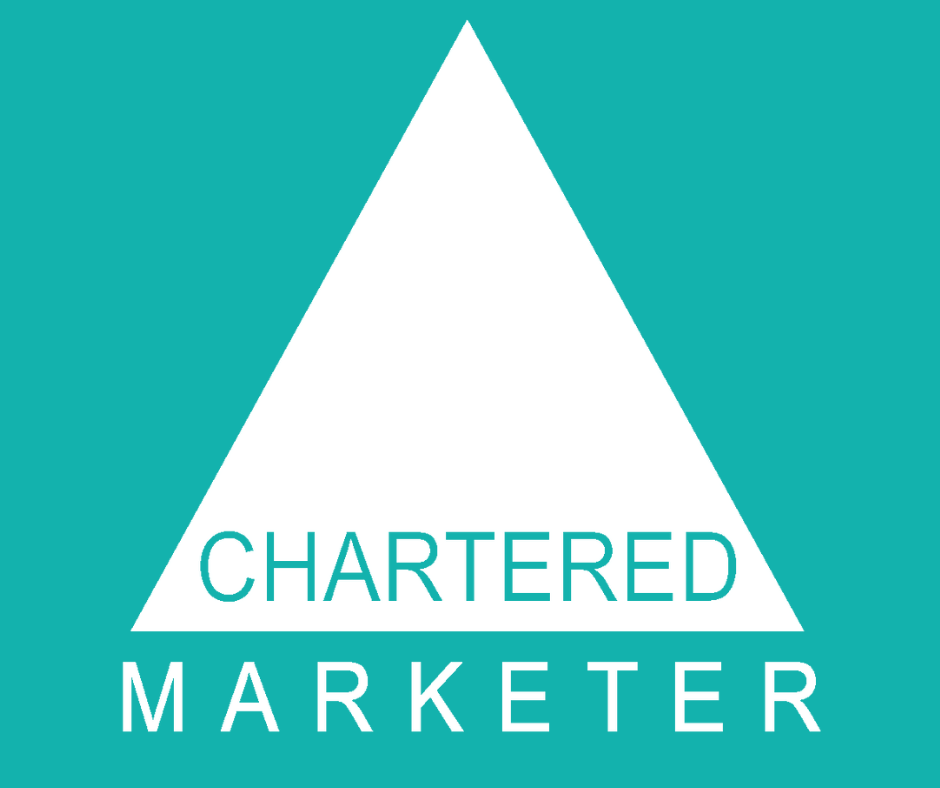
by Carmen Gray | Feb 22, 2021
If you’re anything like me, you constantly receive emails and are targeted by social media posts that offer free trials, services, meetings and products. Of course, nothing in life is free, and so I always consider whether I want the ‘free’ item badly enough to exchange my email, telephone details or an hour of my time. Sometimes I do, and sometimes I don’t.
Most often the freebie is offered as a means of data collection, or as a door opening device with a view to obtaining a sale. And why not?
However, regardless of the size of your firm and the clients you are targeting, it’s always important to use the word ‘free’ very carefully. And there are a number of reasons why.
Sincerity: The word is used so often in relation to services that clearly aren’t ‘free’; and os it can sound insincere and just a little too salesy. This may be a bad thing for your brand if you are a service-oriented business.
Positioning: If you regularly use the word ‘free’ in association with your brand, it can set the standard for the rest of your services. And if those products and services are targetting clients with a high net worth, you should consider whether your target customers are actually bothered (or even interested) about a ‘free’ element. Many consultants offer a free initial meeting – but to many customers, this can simply devalue the advice given or their perception of the consultant they have approached.
Legal: There are strict guidelines from The Committees of Advertising Practice (CAP) on the use of the word ‘free’. For example, if there are terms and conditions that apply – then something is not ‘free’. More details can be found here.
So, if you use the word ‘free’ freely – feel free to revisit why you do this.
by Carmen Gray | Feb 22, 2021
You wouldn’t leave your business in the hands of an unqualified Solicitor, Architect or Accountant – so why would you take risks with your marketing?
I was delighted to receive my Chartered Marketer certificate for 2020/21 recently. It put a smile on my face I must say. It means that I’ve retained my Chartered status for another year and the 12th year consecutively.
When you are looking to outsource your marketing or take marketing advice, consultancy or training, the Chartered Marketer badge is one you should look for (it’s the triangle image below).
The badge is awarded by the Chartered Institute of Marketing and is a sign of quality. It is awarded to the individual, not the organisation – so beware if you see the badge lurking on the website of an organisation, rather than being attributed to an individual, the business is in breach of its terms of use.
Chartered Marketer status recognises:
- those achieving the highest level as a professional marketer and
- who are up-to-date with the latest in marketing thinking and
- have achieved a recognised standard in marketing qualifications and
- have the requisite marketing experience.
You can find a full list of Chartered Marketers via the Chartered Institute of Marketing’s directory.
And finally, this is the only Chartered Institute of Marketing logo that is allowed to be used outside of the Chartered Institute of Marketing. If you see a marketer using the Chartered Institute of Marketing logo on their marketing materials, quotations, estimates and invoices – the chances that they have the authority to use it are zero … and if they risk a fine for such a breach themselves, imagine what they might do for your business!
Carmen Gray, FCIM and Chartered Marketer

by Carmen Gray | Feb 22, 2021
Written some time ago whilst on a train somewhere between Didcot and Swindon.
I’m en-route to South Wales. Joining me in this carriage are about, oh I’d say, fifteen very excited school girls off to South Wales for four days.
They are like bottles of pop! Enjoying each others company, snacking away, laughing, giggling, planning when to eat lunch and playing top trumps. And all the while the self-elected leader is bossing everyone around.
I’m sitting with my back to them with a burning deadline – I need to develop a marketing plan for a new client. I’d planned to do the preliminary work on the train today, but since my company arrived, I’ve been ‘reduced’ to enjoying the views and much amusement at these very self-important and excited young ladies! It’s going to be a late one tonight in order to get the job done because I have a full day of client delivery planned for tomorrow.
The moral of the story is always expect the unexpected when it comes to time management. Deadlines are deadlines, not targets! Allow space in your diary for that all essential ‘wiggle room’ when gaggles of girls, traffic jams and technology failure bites you, and bites you hard.
Marketing has to happen if you want your business to keep up with your customers, competitors and grow. Don’t let poor time management get in the way.
…… And now they’ve started to sing ….

by Carmen Gray | Feb 22, 2021
When we think of value we often think of it in terms of money. Value is obtaining the best possible service/product for the least amount of money we can, right?
Wrong.
Real marketing means understanding what value truly means to a customer – and we do this by using the following equation:
Perceived Value > Perceived Cost
This is an equation that I love. It is simply saying that in the mind of your customer, the benefit they receive must outweigh the sacrifice they’ve had to make.
Clear as mud? Here’s a real example: the last time I visited my hairdresser I made a 35 mile round trip. The cut cost me £85 and took 1 ½ hours plus the 1-hour travelling time on top. An alternative was to go to the hairdresser in my village on foot, spend £35 and be in the chair for 1 ½ hours. So why didn’t I go to my village salon? It would have saved me huge amounts of time, effort and money.
In my mind, the value of my relationship with my hairdresser, who knows me (and my hair) far outweighed the time and monetary savings I could have made by visiting my local salon and having my hair cut by someone that I don’t know well.
So yes, I spent much more time, effort and money than was necessary, but due to the relationship benefits I believe that I gained much better value over all. And it’s what I believe that counts here.
When you think about delivering value to your clients – take the time to talk to them and find out where that value comes from. Our default position shouldn’t always be price because it’s rarely the default position of our clients when we’re brave enough to ask them.
If you’d like help understanding the value drivers for your customers, call Carmen Gray, Chartered Marketer on 07989 202009.

by Carmen Gray | Feb 22, 2021
I won’t. Really I won’t. Hard work, time and ethical marketing will. So please think twice before you sign up for a webinar that is going to tell you that your huge email marketing list means that you’re loved. Here’s my story.
I’ve been on a few webinars in my time – and I attended not so long ago from 9.30 am to 11.45 am on the topic of growing your social media following. That’s two and three-quarter hours. What does that relate to in terms of your fees?
The first twenty minutes were spent with the presenter giving me his credentials, however, having aleady paid there really was no need to tell me how great he was. The last 20 minutes were spent selling me the next course for, I think, £150. So that’s 40 minutes of my time where value wasn’t really added. The entire way through the webinar, the host kept on referring to how little time we had and how he couldn’t go into detail but spent extended amounts of time explaining one simple point.
If he had stopped over-elaborating, massaging his ego and trying to sell to those who had already bought, he would have had an extra 40 minutes, that’s 40 minutes of time to share valuable information. Ethical? No, he had my details and could sell outside of the time I had purchased.
The webinar was supposed to be live. It may have been, I have no way of knowing, however I was not able to participate as I would have liked. The comment box that was supposed to be at the bottom of my screen was not visible, so I couldn’t comment or respond to questions, or enter the competition that allegedly happened. I emailed the host during the webinar to advise of this and had a response from someone else to say that it wouldn’t matter – and enjoy the show! Ethical? Probably, but let me have my head here.
I expected to know most of the content that the webinar shared, and that’s ok, – it’s alwasy good to have a refresh and for those who don’t use social media regularly, there would have been some very useful information within.
But if you are not a social media aficionado, if you do not have the time to manage your social media for something other than a quick burst, these courses will not gain you thousands of followers, or sell £s worth of products as they purport to. And this is my issue.
Before you sign up to any of these courses (even the free ones), have an idea of how you want to use social media for your business already in your mind. The free and lower-priced courses are selling tools and whilst that is absolutely fine in essence, I struggle with this from an ethical marketing perspective.
Social media will not work if you don’t invest time in it. So, the first question you should be asked when being sold these webinars is not “do you want to grow your email list by 100 emails per day?”, but “Do you have time to grow your business through social media? If so, this is for you.”
Ethical marketing means adding value. And to add value, you need to understand your target audience.
Social Media will not grow your email lists, make you a millionaire or make our clients love you or your firm. Your time and understanding will.






Recent Comments